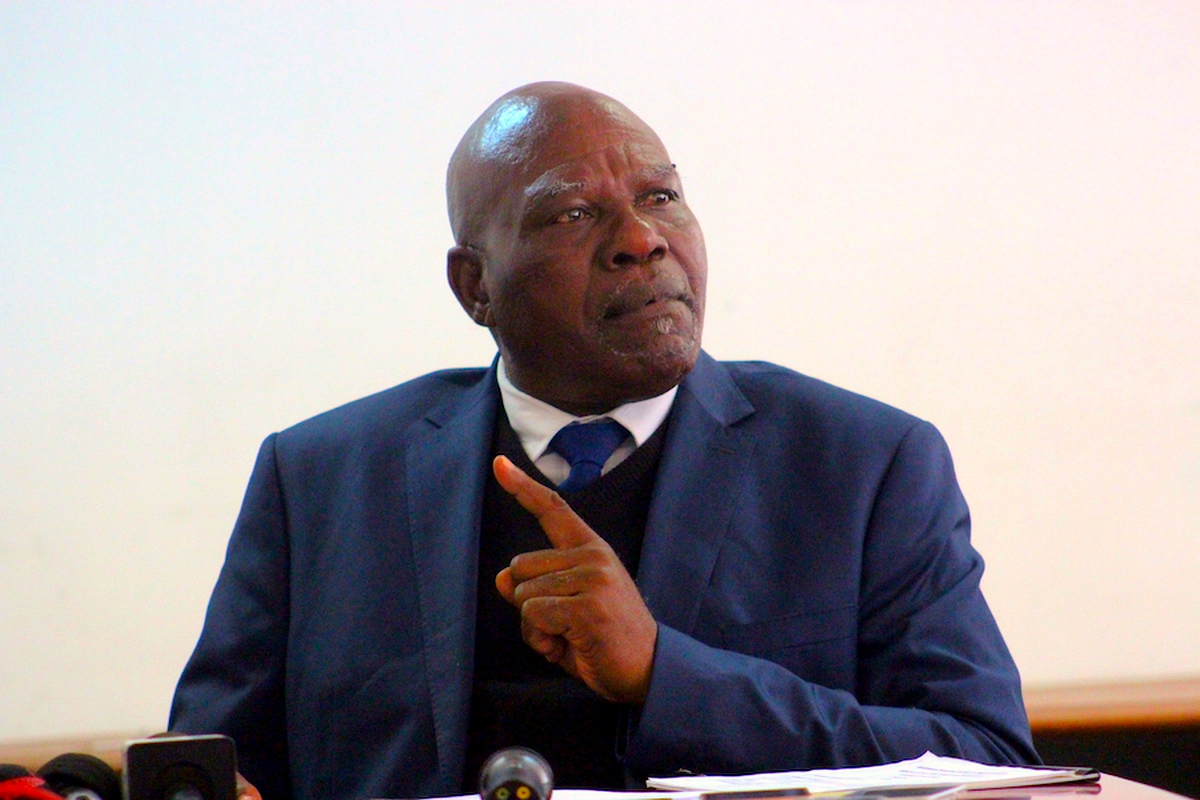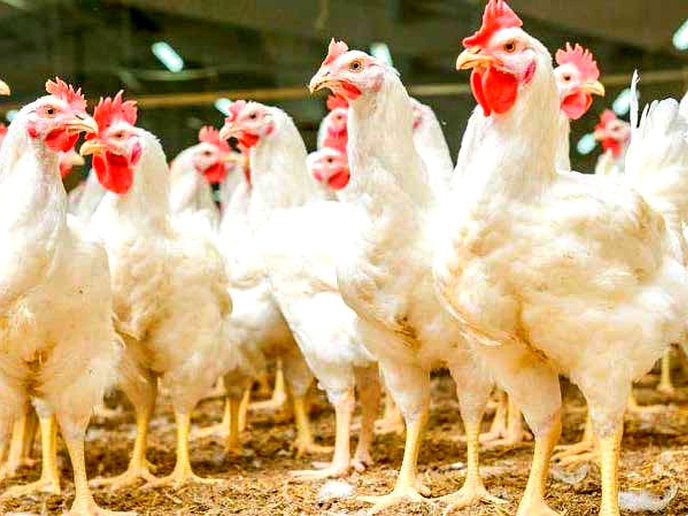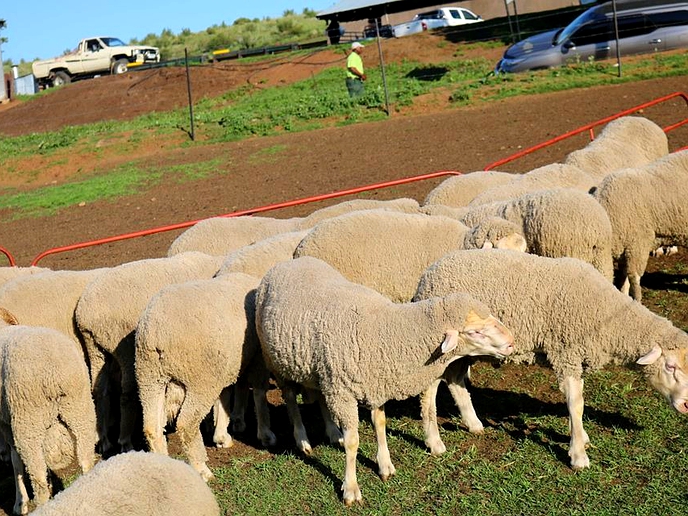MASERU – The Minister of Agriculture and Food Security says it is crucial for the government to engage in Climate- smart agriculture to address fragile food security in the country.
business
Oct. 24, 2019
STAFF REPORTER
3 min read
Minister calls for Climate-smart agriculture

Litšoane Simon Litšoane made this call last Thursday at the celebration of the World Food Day held in Botha-Bothe. The theme for this year’s celebration was “Our actions are our future. Healthy diets for a # Zero hunger world”. According to the Food and Agriculture Organisation (FAO), Climate-smart agriculture (CSA) is an approach that helps to guide actions needed to transform and reorient agricultural systems to effectively support development and ensure food security in a changing climate.
Mr Litšoane outlined an array of factors that he said impeded food security in Lesotho. He said such factors included climate change and drought, depreciating and poor soil nutrients, loss of good pastures, difficulty in accessing farming inputs and less interest of the communities to engage in developmental projects. The minister appealed to Basotho not to be afraid of climate change but urged them to learn to adapt to it so that they could be on a trajectory to produce food in a sustainable manner.
“We need to learn ways to produce in quantity on a small land,” he said, adding that this should be done taking into consideration that no harm was inflicted on the environment until what had been planted was harvested. He also said the country had to scale up its nutrition practices especially for the pregnant women and children who were the future generation. Mr Litšoane said his ministry was making efforts to plant vegetables using green houses or protected agriculture together with Conservation Agriculture.
Enjoy our daily newsletter from today
Access exclusive newsletters, along with previews of new media releases.
Conservation Agriculture is a farming system that promotes maintenance of a permanent soil cover, minimum soil disturbance (i.e. no tillage), and diversification of plant species. Mr Litšoane said his ministry also advocated for the production of fodder crops for all animals to promote good nutrition. He said the government was still meeting the farmers half way with 50 percent subsidy for crops, herbicides, insecticides, fertilisers and ploughing costs as a way of encouraging production for food security. “The government of Lesotho will continue subsidising farmers so that the country becomes food secure and is able to boost good nutrition so that hunger is abolished and malnutrition and starvation are curtailed,” the minister said.
He further said his government would continue implementing Small Agriculture and Development Programme (SADP) and Wool and Mohair Promotion Project (WAMPP) to grow its economy through agriculture. He said the government through Lesotho National Development Corporation (LNDC) and Lesotho Millennium Development Agency (LMDA) continued to embark on a search for investors to boost investment axis in the country.
“There will be a fishery project here in Botha-Bothe in ’Muela,” Mr. Litšoane said, referring to an investment recently signed for production of high quality Salmon in the area. Meanwhile, Food and Agricultural Organisation (FAO) Representative in Lesotho Lewis Hove said this year’s theme called for collective action in making healthy diets available and affordable to all.
Mr Hove said food security was not only a matter of quantity but also a question of quality. “The quality and diversity of food we eat has a lot of influence on our health,” he said. He said health problems linked to overweight and obesity were a major drain to the national health budget. “If we spend our time preparing diverse and healthy meals at home and stop relying on readymade supermarkets foods, we would make that money available for other development needs,” Mr Hove said. He urged the government to put in place policies and regulations that made nutritious foods available, accessible and affordable.
He further encouraged the government to implore the nutrition units of the ministries of Agriculture, Education and Health to introduce and strengthen food and nutrition education and culinary skills in schools and at home. “Encourage the private sector to play their part in improving access to healthy diets,” Mr Hove also said.






